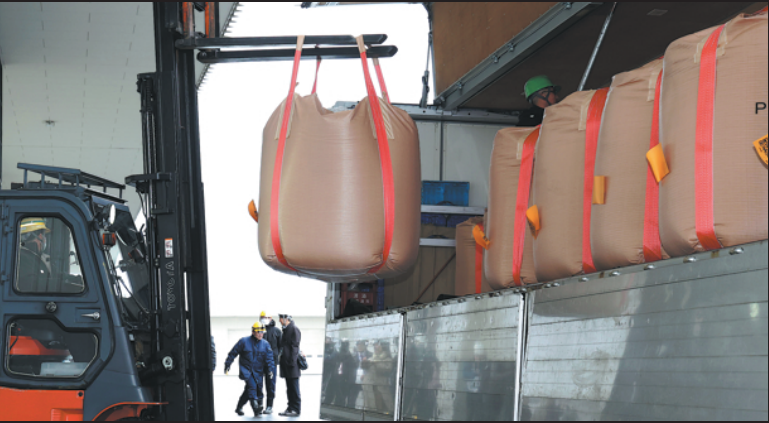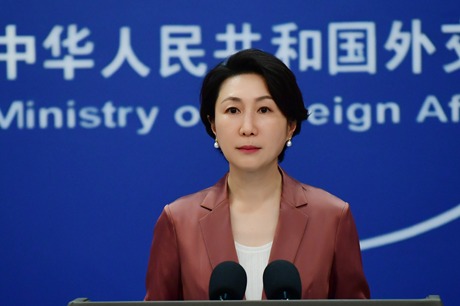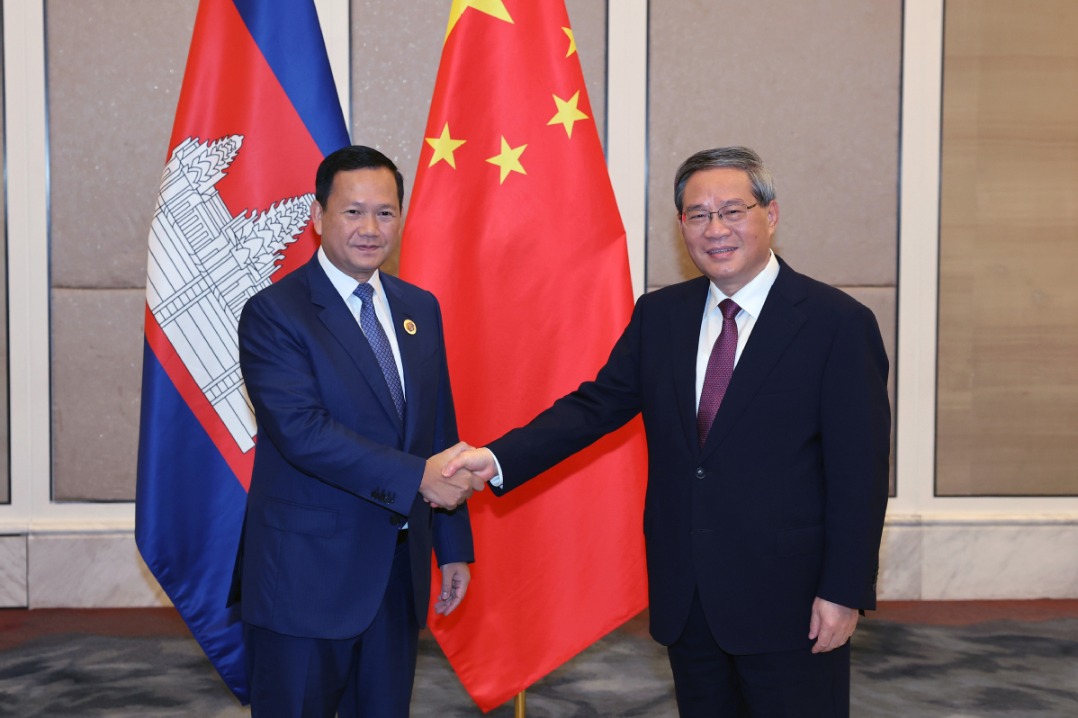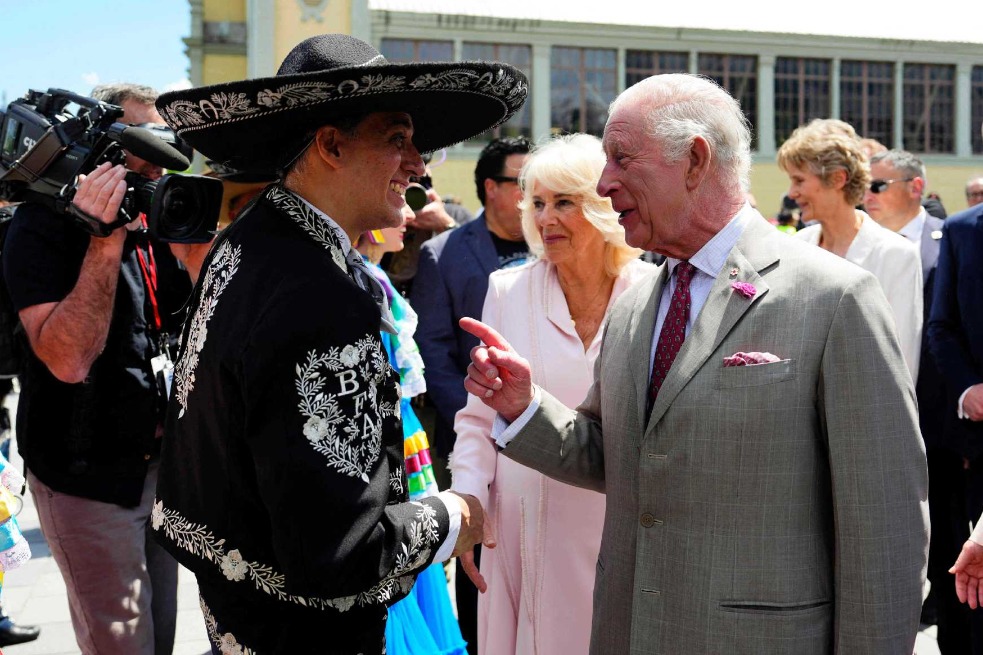Japan moves to slash rice prices amid public concerns


The Japanese government's announcement that it would sell 300,000 metric tons of rice directly to major retailers to curb soaring prices has been met with a swift response. By 9 am on Tuesday, 19 companies had applied to purchase a combined 90,824 tons of government-stockpiled rice through negotiated contracts.
Japan's Ministry of Agriculture, Forestry and Fisheries, or MAFF, aims to ensure swift, affordable delivery of rice to store shelves.
Eligible purchasers are limited to major retailers, including e-commerce platforms.
"If all goes smoothly, deliveries could begin as early as May 29, and we are now seeing a clear outlook for the rice to be available in stores during the first week of June," said newly appointed Minister of Agriculture, Forestry and Fisheries Shinjiro Koizumi at a news conference on Tuesday.
Koizumi, in a policy address to the House of Councillors' Committee on Agriculture, Forestry and Fisheries the same day, reaffirmed his commitment to reducing rice prices.
The rice will be offered at a weighted average price of 10,700 yen ($75) per 60 kilograms, excluding tax — a 47 percent reduction from the previous round of bidding.
This move follows a series of competitive auctions that failed to stabilize rice prices.
In three earlier auctions, the government released over 312,000 tons of stockpiled rice, with most of it purchased by farming cooperatives.
This model caused delays, as the rice passed through multiple distribution layers before reaching store shelves.
Moreover, the auction system, favoring the highest bidder, is thought to have pushed up rice prices.
According to MAFF, between May 12 and 18, the average retail price for a 5 kg bag of rice at about 1,000 supermarkets nationwide rose to 4,285 yen.
By shifting to direct sales to major retailers, MAFF aims to streamline delivery, accelerate distribution and respond more effectively to market demands.
The latest stock release includes 200,000 tons from the 2022 harvest and 100,000 tons from 2021.
The government will oversee distribution from warehouses to locations designated by retailers.
MAFF estimates that the rice will retail at around 2,160 yen, including tax, for a 5 kg bag, based on typical seasonal margins.
Koizumi assumed the MAFF role on May 21 following the resignation of Taku Eto, who stepped down after drawing criticism for saying he had never personally bought rice, relying instead on gifts from supporters.
Koizumi's top priority is to address public unease over escalating rice prices, which are in part being driven by poor harvest and surging demand fueled by increased tourism.
Japanese Prime Minister Shigeru Ishiba has instructed Koizumi to move swiftly with measures to ensure a stable supply of rice, exploring the use of negotiated contracts to maintain affordable prices for consumers.
Ishiba stressed the dual importance of stabilizing rice prices and ensuring that rice producers can continue their work with peace of mind, calling for a fundamental review of Japan's rice policies.
MAFF began accepting applications from retailers on a first-come, first-served basis starting from Monday. Currently, only retailers handling over 10,000 tons of rice annually, including online retailers, are eligible.
Regarding future eligibility for negotiated contracts, Koizumi said the Japanese government is considering revising the structure of these contracts to ensure that stockpiled rice can be delivered more precisely, even to smaller retailers.
Responding to concerns over depleting reserves, Koizumi said, "Stockpiled rice exists for times of need. That time is now."
































